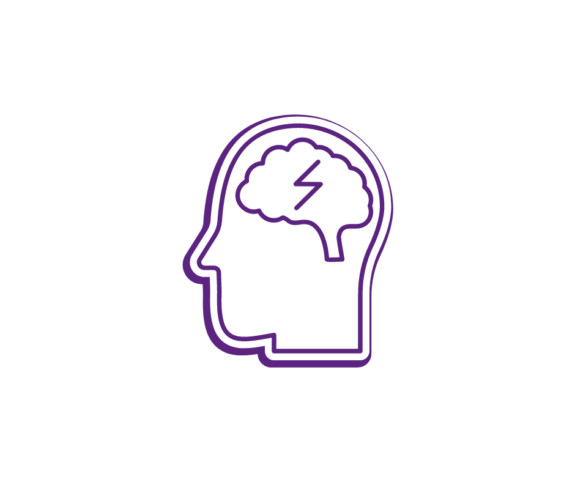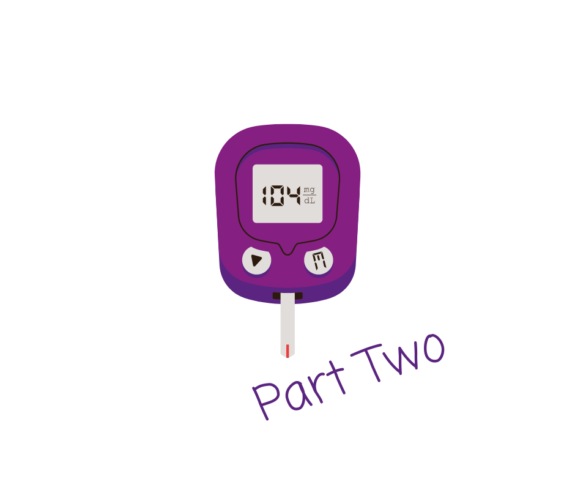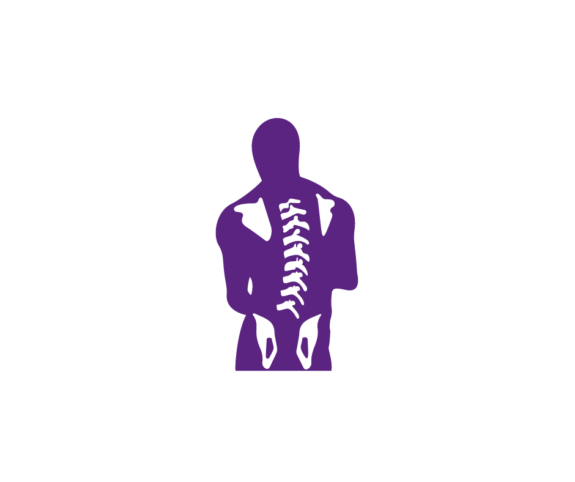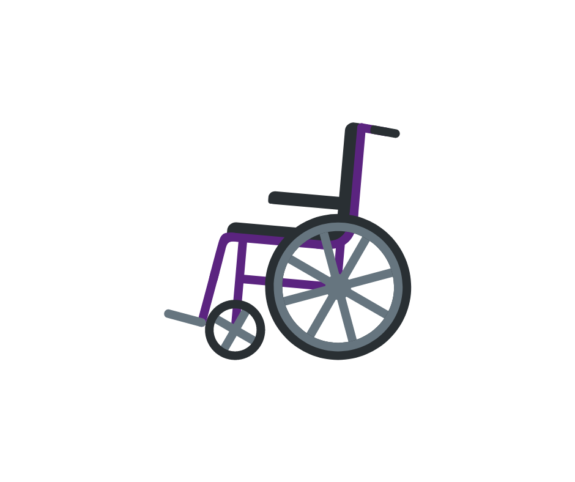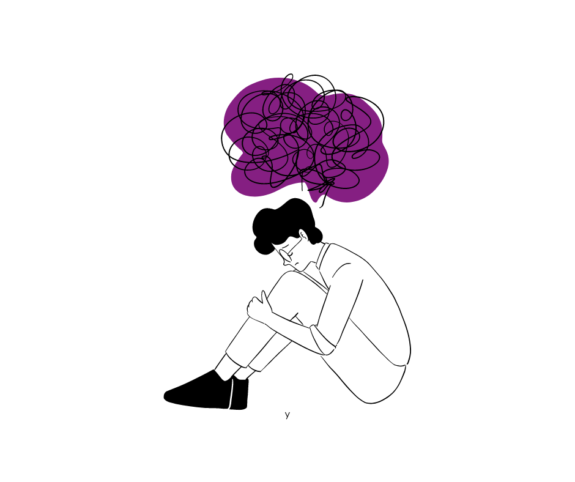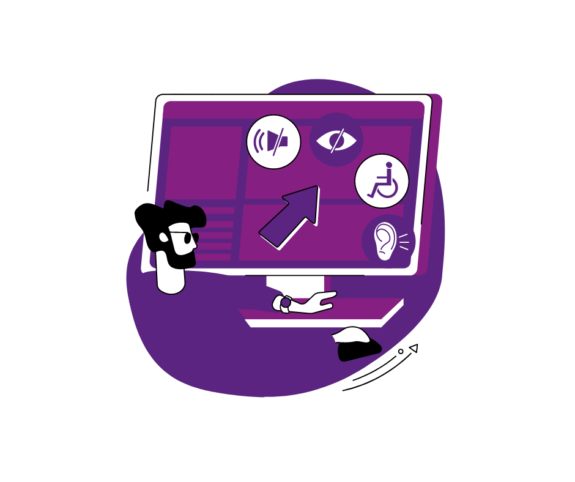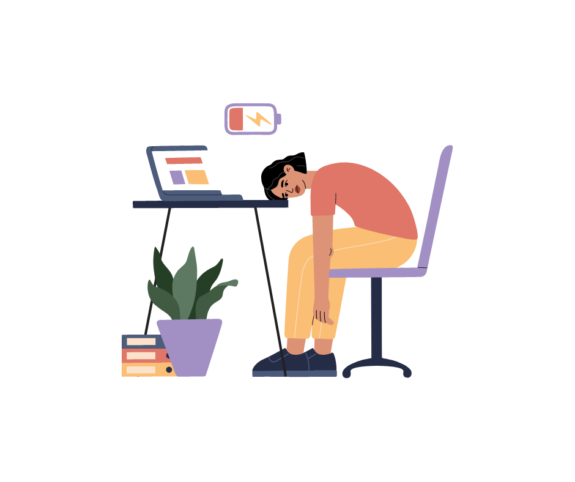Dyspraxia (also known as Developmental Co-ordination Disorder) is a complex neurological condition that affects muscle coordination, perception and movement. While most often found in children and infants, milder cases can slip through the cracks and not be diagnosed until later years. Seemingly affecting boys more than girls, it is thought that currently,
10% of the population live with Dyspraxia, with 2% having a more severe form of the condition.
So, what exactly is Dyspraxia?
Dyspraxia mainly affects muscle coordination and movement, particularly in fine or gross motor skills; fine motor skills being smaller movements such as being able to pick up a pen and gross movements being those that involve the whole body using the core. It can affect both children and adults, although some argue that adults who are diagnosed with it will have shown symptoms as children that were either not noticed or dismissed as being minor.
People with dyspraxia will often struggle with, what we might term, simple everyday tasks like driving, household cleaning or cooking and can often be labelled as being clumsy. They can struggle with things like playing sports or musical instruments due to the lack of hand-eye coordination and manual dexterity needed and can struggle at school and in the workplace.
What are the symptoms?
It’s important to note that dyspraxia is not a learning disability with most symptoms being physiological in nature. However, some people can develop anxiety or depression and others may suffer from difficulties with concentration and focus and can struggle in social situations.
In infants:
– Being late in reaching milestones; rolling over, sitting, standing, walking, talking.
– Frequent falls (due to lack of spatial awareness and poor gross motor function).
– Lack of fine motor skills. All babies are born with an instinctive grasping ability (think of the baby who always grabs your hair) so an inability to do so or difficulties with the action suggest there is an issue.
– Might not be able to run, hop, skip or jump.
– Has difficulties understand the concept of ‘in’, ‘on’ or ‘in front if’.
– Needs to be taught skills, cannot learn by observation or instinct.
– Struggles with games involving logic, such as shape sorting.
In school-age children:
– Will usually have all of the above issues, but they may have not been picked up as being a potential problem or may not be as severe.
– May have some fine motor skills but will struggle with things like writing.
– Has difficulty following and/or remembering instructions.
– Avoids physical activity or will have frequent falls during it.
– Has poor attention span but will work significantly better on a one-to-one basis.
In adults:
– Adults with dyspraxia may have been previously seen as simply being ‘clumsy’ in the past when in reality the clumsiness would have been down to the condition.
– Poor hand-eye coordination, particularly in team sports.
– A lack of rhythm when dancing or doing anything following a beat.
– Difficulty driving or riding a bike.
– Can have difficulties with typing, drawing or writing and may find writing with a pen a laborious task. A general lack of manual dexterity.
– Lack of spatial awareness.
– Poor sense of direction
– Poor short term memory
How do you treat it?
There is no pill or medicine that can treat dyspraxia, but there are several treatments that can help.
– Physiotherapy has been proven to have success in helping improve fine motor skills, posture, balance and coordination, awareness of body position (proprioception) and things like sitting and walking. A neurological physiotherapist is the best to do this as they are most skilled in this area.
– Occupational Therapy can help improve motor skills.
– Talking Therapy can be useful in helping people with dyspraxia who may be struggling with anxiety, depression, low self-esteem or difficulty processing emotions.
What causes it?
It’s not fully known what causes dyspraxia, although research suggests that it is due to damage in the nerve cells that send signals to your muscles from your brain. This can be caused by a baby being born prematurely where the brain may not have fully developed, a lack of oxygen during the birth, having a family history of dyspraxia or it can even be caused later in life due to a traumatic brain injury or stroke. However, these are all theories as there is no fully conclusive evidence.
It sounds really similar to Dyslexia. Are they the same thing?
No, they’re not the same, but it is estimated that 52% of children who have dyspraxia also have dyslexia and up to 50% will also have ADHD (Attention Deficit Hyperactivity Disorder) so there is some overlap between them. They are different conditions, however, so a diagnosis of one does not necessarily mean there will be a diagnosis of the other. It can also often be found that people who have dyspraxia can also have Dyscalculia, Hypermobility or Aspergers, but again, a diagnosis of one does not mean an automatic diagnosis of another.
This all sounds really familiar to me. What should I do?
If you think you or your child may have dyspraxia, then the first step would be to go to your GP. They will be able to refer you to the right specialist. A diagnosis of dyspraxia means that you will be able to get the necessary assistance to help you (or your child) learn to live with the condition. It may sound like a big adjustment, but there are positives. People with dyspraxia are incredibly creative, often finding many alternate ways of learning to suit their needs and do have an ability to think outside the box.
If you’d like to know more about Dyspraxia, then check out some of these resources below!
https://dyspraxiafoundation.org.uk/about-dyspraxia/dyspraxia-glance/
https://dyspraxiafoundation.org.uk/dyspraxia-adults/
https://www.nhs.uk/conditions/developmental-coordination-disorder-dyspraxia/
https://www.nhs.uk/conditions/developmental-coordination-disorder-dyspraxia-in-adults/
https://www.physio.co.uk/what-we-treat/neurological/conditions/dyspraxia.php
https://exceptionalindividuals.com/about-us/blog/5-famous-people-who-have-dyspraxia/
https://www.dyspraxiauk.com/definitionofdyspraxia.php
https://www.ashtutors.co.uk/parenting/quick-facts-about-dyspraxia.html
https://www.learningdisabilities.org.uk/learning-disabilities/a-to-z/d/dyspraxia
https://dyspraxiafoundation.org.uk/positive-stories/
https://patient.info/doctor/dyspraxia-and-apraxia
https://childdevelopment.com.au/areas-of-concern/gross-motor-skills/
